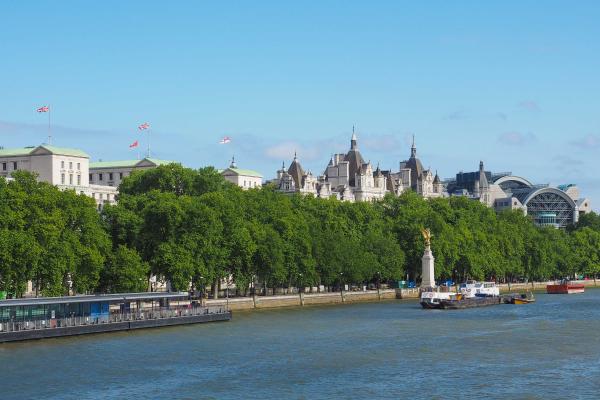The Select Committee on Risk Assessment and Risk Planning was appointed by the House of Lords in 2020 to 'consider risk assessment and risk planning in the context of disruptive national hazards'. The report's findings were published on 3 December 2021 and contain a number of significant recommendations that will help inform any upcoming National Resilience Strategy.
The full text of the report can be viewed here.
The report focuses on four key questions: (i) does the government currently have a reliable system in place to manage the risks facing the UK? (ii) can the UK risk-management system adapt and evolve to combat unpredicted, unknown and extreme risk scenarios? (iii) has the government built a risk-management structure that can deal with risk events that impact across multiple areas of our society? and (iv) how should all aspects of society be engaged within the risk assessment and risk planning system?
To answer these questions and others, the Committee members conducted an extensive evidence gathering programme. The report contains conclusions and recommendations following a series of written and oral hearings. Resilience First submitted a return to the Call for Evidence and is cited in the report (Paragraph 51).
The Committee concludes that the UK must be better at anticipating, preparing for and responding to a range of challenging risk scenarios, including those which it has never experienced before. The report emphasises that the government’s current strategy of centralised and opaque risk assessment and risk management, which fails to make adequate preparations, has left the UK vulnerable. The Committee's Chair said that "the UK must adopt a whole of society approach to resilience, one which emphasises the important role played by all sections of society in preparing for, adapting to and recovering from the effects of risk".
Five of the 30 key recommendations are:
- The government should establish an Office for Preparedness and Resilience headed by a newly created post of Government Chief Risk Officer. This body would be responsible for producing independent analysis of UK preparedness. It would produce assessments of UK resilience, set resilience standards, and conduct audits of UK preparedness.
- The government should act under a presumption of publication, and should publish the content of the Official-Sensitive National Security Risk Assessment (NRSA) except where there is a direct national security risk.
- Parliament should take a more active role in scrutinising preparedness for risk. A yearly debate on the NSRA should be held by both Houses of Parliament.
- The government should better engage industry and businesses when developing risk assessments to ensure that it is aware of private sector capabilities and that business and industry their role in responding to crises.
- The government should commit to a biennial publication of a brochure on risk preparedness. This brochure should inform the public on general resilience principles, outline how individuals could improve their preparedness, provide guidance on what to do in an emergency, and signpost further information on resilience.
The first of these recommendations (found in Paragraph 79 of the report) supports the role and efforts of the National Preparedness Commission established by Lord Harris of Haringey in 2020, and partnered with Resilience First.
The second (highlighted) recommendation is to be welcomed. In Paragraph 142, the report states that 'A UK resilience strategy, if it is to be comprehensive, must take note of the role business and industry can play in building resilience and what mechanisms can be used to incentivise more resilient behaviour.' However, it is disappointing to see that of the 85 witnesses that gave oral evidence to the Committee, only four were from mainstream business organisations, with a further six coming from insurance/re-insurance sector. The majority of witnesses were academics or officials. This balance does not help to reinforce the recommendation.
One further finding that seems an opportunity missed concerns the idea of a civilian reservist cadre - a proposal from the Integrated Review. The recommendation (Paragraph 169) is that: 'The proposed reservist cadre lacks ambition and is not in line with the views of the voluntary sector. The voluntary sector should be supported to organise existing voluntary forces into a response mechanism.' Here, it seems the evidence received from the voluntary sector has held sway. Yet, the evidence noted from other countries is more ambitious and goes much further than that of our own voluntary sector. Even the evidence from the Civil Contingencies Secretariat (Paragraph 161), which states that 'a force of approximately 1,000 people, predominantly retirees with skills in emergency planning and response', hardly meets the billing of a reservist cadre that would meet the needs of a large-scale national emergency - witness Covid-19.



